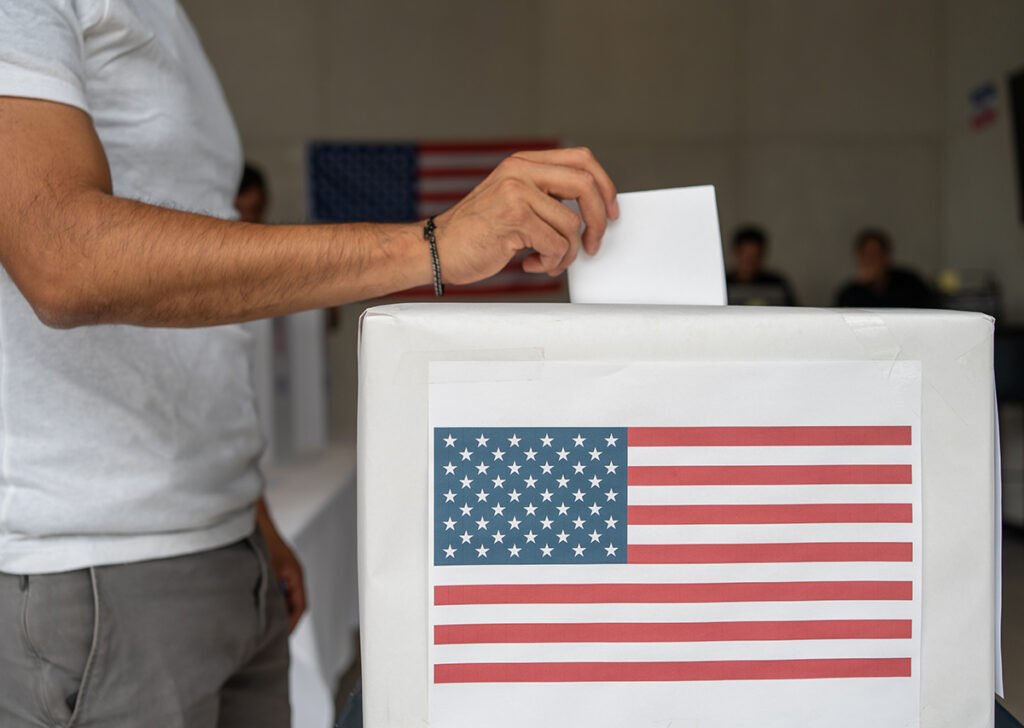USCIS Updates Guidance on Good Moral Character & More

Summary
- USCIS has revised its Policy Manual guidance on false claims to U.S. citizenship, unlawful voter registration, and unlawful voting in the naturalization context.
- The changes align with Executive Orders 14148 and 14248, which address rescissions of prior policies and election integrity.
- Aliens who unlawfully register to vote or make false claims of citizenship may face Notices to Appear (NTAs) and denial of naturalization applications.
- The new guidance supersedes prior related policies and is effective immediately for pending and future cases.
Introduction
U.S. Citizenship and Immigration Services (USCIS) has issued updated guidance in its Policy Manual addressing false claims to U.S. citizenship, unlawful voter registration, and unlawful voting as they relate to good moral character in the naturalization process. The revised guidance emphasizes enforcement measures, including issuance of Notices to Appear (NTAs) and denial of naturalization applications, consistent with recent executive orders.
Background and Definitions
Good moral character is a statutory requirement for naturalization under the Immigration and Nationality Act (INA). Applicants must demonstrate that they meet this standard during the statutory period, typically five years prior to filing, or three years if applying based on marriage to a U.S. citizen. Certain acts may prevent an applicant from establishing good moral character, including making false claims to U.S. citizenship or engaging in unlawful voting.
The Illegal Immigration Reform and Immigrant Responsibility Act of 1996 (IIRIRA) made significant changes to the INA by introducing provisions that render noncitizens deportable for unlawful voting and false claims to citizenship. Specifically, INA sections 237(a)(3)(D) and 237(a)(6) identify these acts as grounds for deportability.
Federal criminal statutes further reinforce these restrictions. For example, 18 U.S.C. 611 prohibits voting in federal elections by noncitizens, while 18 U.S.C. 1015(e) and 1015(f) penalize false claims of citizenship for the purpose of registering to vote.
In January and March 2025, Executive Orders 14148 and 14248 directed USCIS to review and revise its policies on naturalization and election-related conduct. Executive Order 14148 rescinded earlier directives that expanded opportunities for noncitizens to encounter voter registration during benefit processes. Executive Order 14248 emphasized election integrity, requiring improved verification of citizenship for voter registration.
In response, USCIS issued updated guidance in its Policy Manual. This update clarifies that individuals who affirmatively claim U.S. citizenship or unlawfully register to vote may be deemed to lack good moral character. The guidance also establishes that such applicants are likely to receive a Notice to Appear (NTA) and face denial of naturalization while removal proceedings are pending.
Key Takeaways
The updated USCIS guidance introduces several important points:
False Claims to Citizenship: Applicants who indicate they are U.S. citizens, including on voter registration forms, may be considered to have made a false claim. The burden of proof rests on the applicant to show that no such claim was made.
Unlawful Voter Registration and Voting: Registering or voting unlawfully in federal, state, or local elections can trigger deportability grounds under the INA. Such acts are conditional bars to establishing good moral character for naturalization.
Enforcement Actions: USCIS will issue Notices to Appear (NTAs) in cases involving unlawful voting or false citizenship claims. Following the issuance of an NTA, naturalization applications are generally denied under INA 318.
Exceptions: Narrow statutory exceptions exist, but they are limited. Military service-based naturalization applications may be treated differently in certain contexts.
Policy Alignment: The update rescinds earlier policies from 2021 and 2023 that expanded access to voter registration. It reflects a stronger emphasis on election integrity measures consistent with recent executive orders.
Conclusion
USCIS’ revised guidance underscores the importance of good moral character in the naturalization process and the consequences of unlawful voting or false claims to U.S. citizenship. Effective immediately, the policy applies to all pending and future applications, and it requires NTAs and likely denials in most cases where violations occur.
By aligning with Executive Orders 14148 and 14248, USCIS has reinforced statutory requirements and emphasized enforcement actions. Naturalization applicants must be aware that actions such as registering to vote or claiming citizenship without authorization can directly affect their eligibility for U.S. citizenship.